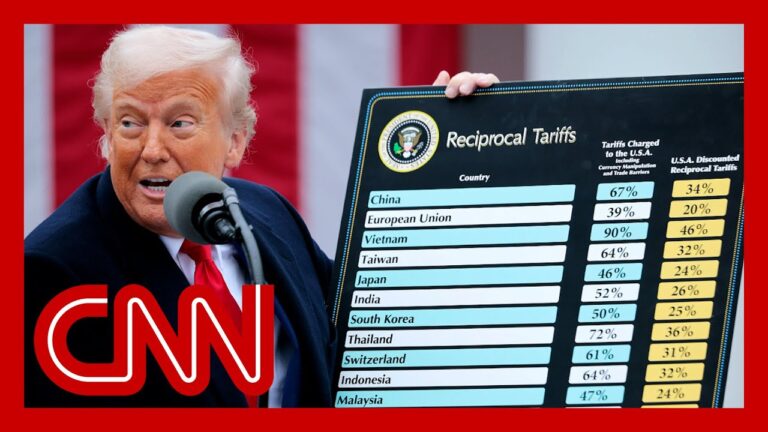Video at the bottom!
A recent federal court ruling has blocked significant portions of President Trump’s global tariffs, a pivotal decision from the U.S. Court of International Trade in Manhattan. This three-judge panel unanimously ruled in favor of an injunction, casting doubt on the legality of the tariffs that have impacted global financial markets in recent months. The court questioned the basis on which Trump declared a national economic emergency, clarifying that longstanding trade deficits do not constitute such an emergency under the relevant legal framework, namely the International Emergency Economic Powers Act.
This ruling is a substantial setback for the Trump administration, given the president’s strong support for tariffs as a solution to America’s economic challenges. The court’s decision halts key tariffs aimed primarily at Canada, Mexico, and China, as well as broader retaliatory tariffs. While it remains unclear if this injunction is temporary or permanent, it introduces significant uncertainty into ongoing trade negotiations and complicates the administration’s economic strategy.
The ruling prompts questions about potential appeals. The White House is expected to seek an emergency pause from the court on its own ruling while preparing for an appeal to the Federal Circuit Court. Should the administration ultimately lose there, the case could escalate to the U.S. Supreme Court, where skepticism toward broad emergency powers has been noted.
Market reactions have been immediate, with stock indices reportedly rising following the announcement of the ruling. Analysts indicate the court’s decision is unprecedented and marks a significant moment, diminishing the Trump administration’s leverage in trade dealings and suggesting a return to Congressional control over tariff powers. As the administration navigates this legal challenge, it faces mounting pressure not only to redefine its tariff strategies but also to respond to the evolving economic landscape characterized by shifts in trade policy and regulatory oversight.


